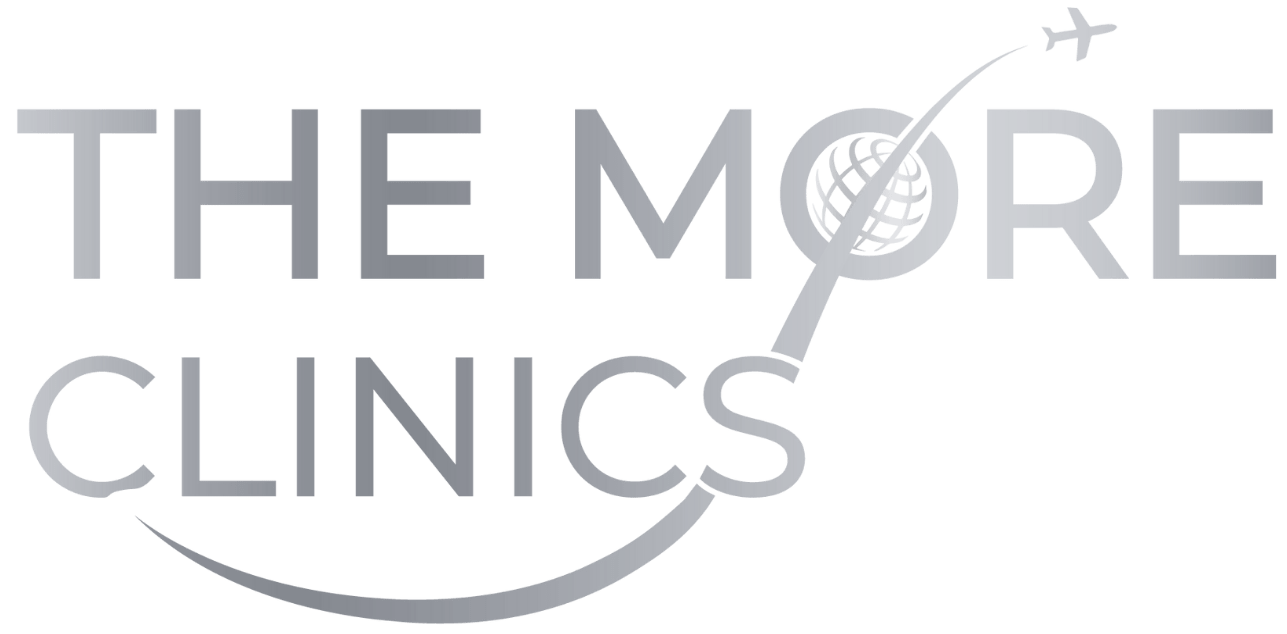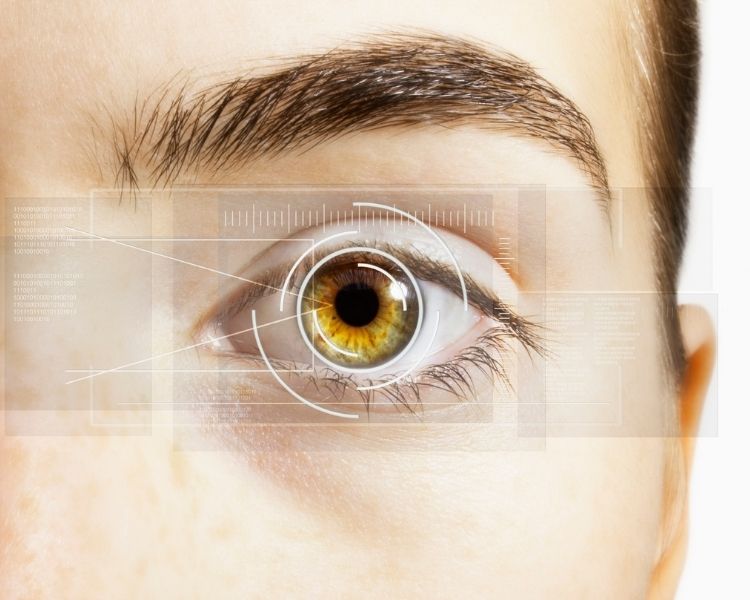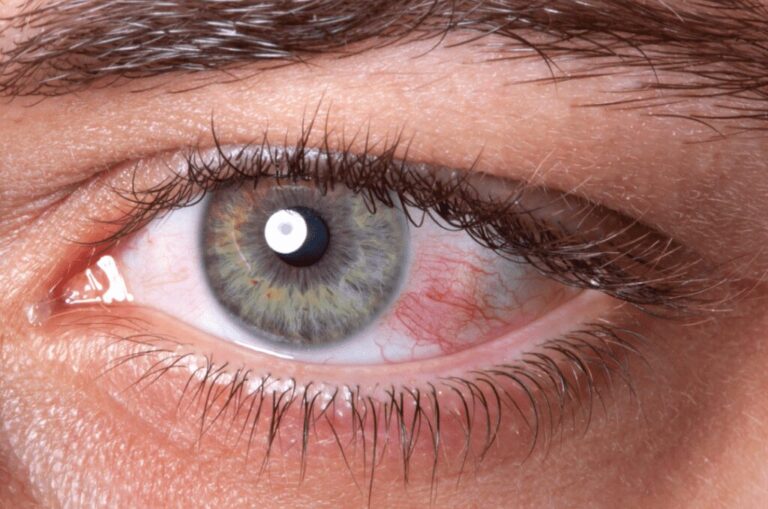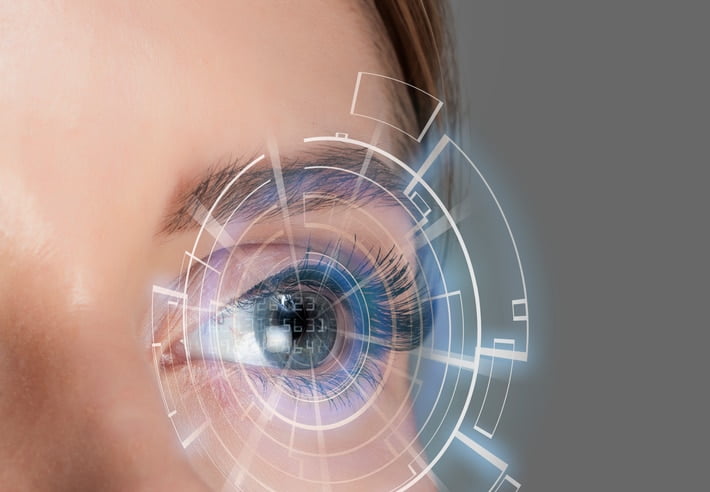Cataract Surgery Recovery
Cataract surgery is a commonly performed procedure with a high success rate. Understanding the cataract surgery recovery is essential to achieving the best results. Recovery from cataract surgery typically occurs within a few weeks. Most patients report clear vision within several hours after the procedure, although complete healing may take up to a month.
In 90% of cases, people experience a significant improvement in their vision as a result of the cataract surgery. However, it might take several weeks to months for your eye to fully adjust and for you to achieve your final vision outcome. Remember, every patient is unique, and recovery times can vary.

What to Expect Right After Cataract Surgery
After your cataract surgery, here are a few things you can generally expect:
- Mild Discomfort: It’s normal to experience slight irritation or a gritty feeling in the eye, but this should improve within a few hours.
- Light Sensitivity: Some patients report heightened sensitivity to light, which usually subsides within a few days.
- Clear Protective Shield: You’ll likely leave the surgery with a clear protective shield over your eye. This is to prevent you from touching or rubbing your eye while it heals.
- Eye Drops: Expect to use prescribed eye drops to minimize inflammation and prevent infection.
- Rest: You should rest and avoid any strenuous activities for at least a week after surgery.
- Follow-Up Appointments: You’ll have a series of follow-up appointments to monitor your progress. It’s essential to attend these appointments and report any changes or concerns about your vision or comfort.
Cataract Recovery Timeline: When Can You Do What
- First Few Hours Post-Surgery: Patients typically experience mild discomfort, a sandy or gritty feeling in the eye, and heightened light sensitivity. The eye may also water or tear up more frequently than usual. Using the prescribed eye drops and wearing the clear protective shield can help manage these symptoms.
- 24 Hours Post-Surgery: The discomfort should start to subside. It’s important to rest and avoid any stressful or strenuous activities during this period. A follow-up appointment with your doctor is typically scheduled for this time to check on your progress and ensure there’s no infection.
- First Week Post-Surgery: Continue to use the prescribed eye drops as directed. Refrain from heavy lifting or strenuous exercise and avoid swimming or hot tubs to prevent water from getting into your eye. Your vision should start to clear up during this time, but complete healing may take longer.
- First Month Post-Surgery: You should notice a considerable improvement in your vision, but it may take several weeks to months for your eye to fully adjust. Regularly scheduled follow-up appointments will continue during this period to monitor your progress.
- Long-term Care: Even after successful cataract surgery and recovery, routine eye care is crucial to maintain the health of your eyes. Regular eye exams can help detect any potential problems early on, and a balanced diet with plenty of fruits and vegetables can provide the nutrients necessary for optimal eye health. Regular use of sunglasses to protect your eyes from harmful UV rays is also recommended.
Do’s and Don’ts During Cataract Recovery
Do’s:
- Do Follow Your Doctor’s Instructions: Always adhere to the instructions given by your doctor regarding medication, eye protection, and activities.
- Do Rest Your Eyes: Take frequent eye breaks, especially during the first few days after surgery. To rest your eyes, just close them. It doesn’t require sleep.
- Do Protect Your Eyes: Wear your eye shield at night or during naps to prevent accidental rubbing or pressure.
- Do Attend All Follow-Up Appointments: It’s essential to attend all follow-up appointments with your doctor to monitor healing and adjust your treatment if necessary.
- Do Maintain a Clean Environment: Keep your living area clean to minimize exposure to dust and other irritants that can harm your eyes.
Don’ts:
- Don’t Rub Your Eyes: Resist the urge to rub your eyes, as this can cause damage and slow the healing process.
- Don’t Drive Until Approved: Refrain from driving until your doctor confirms it’s safe for you to do so.
- Don’t Skip Eye Drops: Your eye drops help prevent inflammation and infection. Don’t forget to use them as prescribed by your doctor.
- Don’t Participate in Strenuous Activities: Avoid heavy lifting, exercising, or other strenuous activities that could strain your eyes or increase your blood pressure.
- Don’t Swim or Use a Hot Tub: Keep your eyes away from potentially dirty water to avoid infection.
Last Words from The More Clinics
Undergoing cataract surgery is a life-changing journey. By confidently and effectively managing the cataract recovery process, you can achieve optimal vision health and experience a truly transformative outcome. Cataract recovery involves a few key steps, but the most important thing is to remain vigilant throughout each stage of the process.
At The More Clinics, we are dedicated to our patients’ health and well-being throughout every step of their journey. Our experienced team provides personalized care and expert guidance during your cataract surgery recovery process.
GET A FREE CONSULTATION!
Let’s Start Planning Your Treatment %100 Guarantee Results.
Medically Reviewed by Op.Dr.İbrahim Kaya who specialized on Eye Surgery, Retinal Surgery and Optalmology







